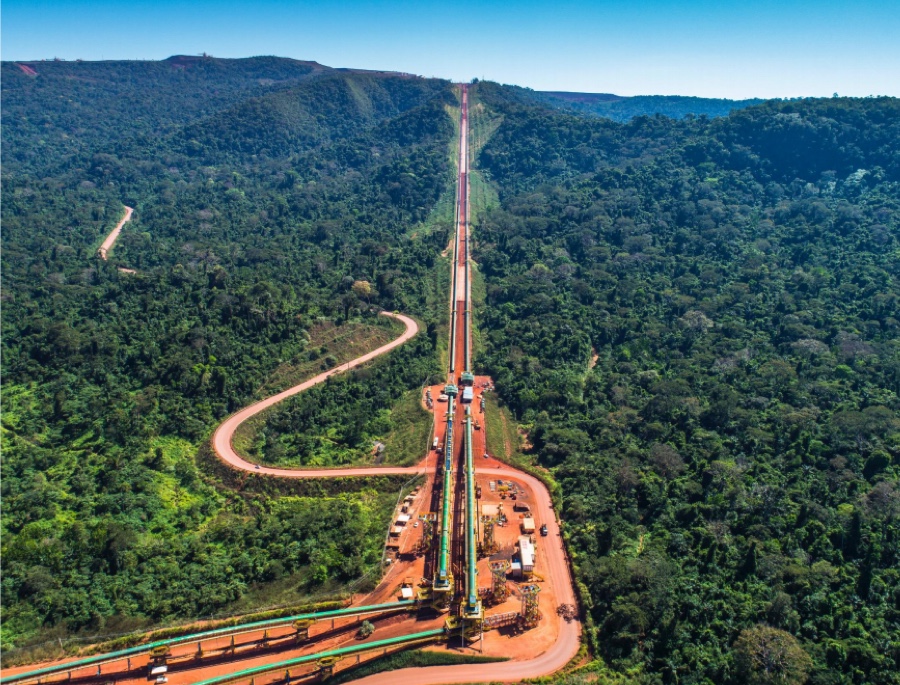Vale outlook cut implies at least 14.7% sales drop in 2019

Brazilian iron ore miner Vale on Monday said it now expects sales of iron ore and pellets of between 307 million and 312 million tonnes in 2019, implying at least a 14.7% decline from a year earlier as it grapples with the aftermath of a deadly dam burst.
Vale has been compelled to halt production at various mines as it shuts down tailings dams that share the “upstream” structure that collapsed in Brumadinho in January, killing more than 250 people.
Vale said in a recent conference call with investors that it expects to restore all of the lost production in 2020 and 2021
The miner had initially forecast 2019 sales at the midpoint of a range of 307 million to 332 million tonnes, before saying in October that it expected them to come between the lower end and the midpoint of the range.
The outlook change is due to “greater visibility on sales expected for the fourth quarter,” which should be between 83 million and 88 million tons, suggesting a drop of at least 9% from the year-ago period.
The company also said that for the first quarter, production and sales are expected to be between 70 million and 75 million tonnes, “due to seasonality, the gradual and safe return of operations and in line with margin over volume strategy.”
That compares with 67.7 million tonnes in the year-ago quarter, the first that was affected by the Brumadinho collapse.
Vale shares were down 2.4% in early afternoon trading in Sao Paulo.
Vale did not issue separate outlooks for sales of iron ore and pellets, but the former typically account for the bulk of its sales.
At the beginning of November, Vale said it had gotten authorization to restart production at its Alegria mining site, interrupted in March after a “stress test” failed to guarantee its stability.
But even with that restoration, mines that had accounted for 42 million tonnes of production remain offline or are operating below peak capacity.
Vale said in a recent conference call with investors that it expects to restore all of the lost production in 2020 and 2021, potentially raising its annual production to around 400 million tonnes.
The miner also said on Monday that it had cut its copper output forecast to a range of 382,000 to 386,000 tonnes, mainly because of unscheduled maintenance of the conveyor belt and mill at a mine in the north of Brazil.
Full-year production totaled 395,500 tonnes in 2018.
(By Christian Plumb and Roberto Samora; Editing by Andrea Ricci and Steve Orlofsky)
{{ commodity.name }}
{{ post.title }}
{{ post.date }}




Comments